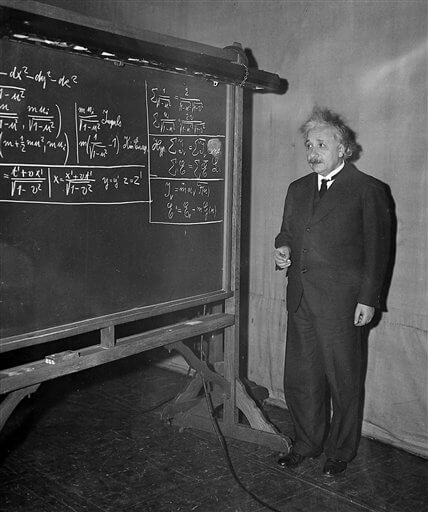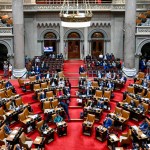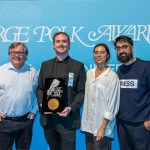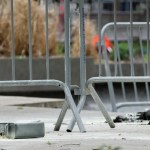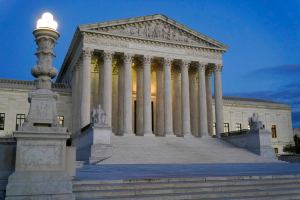
Was Albert Einstein wrong?
A team of European scientists announced on Thursday that they observed sub-atomic particles traveling faster than light–something that should be impossible, according to Einstein.
The science world was buzzing after the announcement on Thursday because if the discovery is confirmed, it may undermine Einstein’s published study on the speed of light.
Einstein’s 1905 theory of special relativity, states that the speed of light is faster than anything in the universe.
A spokesperson for the experiment called the results a “complete surprise” and said they have not found any instrumental effect that could explain the result of the measurement. The experiment needs to be independently repeated before people rethink physics, he said in a statement released by CERN.
Scientists observed over 15,000 neutrino events from CERN near Geneva to San Grasso in Italy. This has yet to be confirmed, and CERN said independent measurements are needed before the effect can be refuted or established.
“When an experiment finds an apparently unbelievable result and can find no artifact of the measurement to account for it, it’s normal procedure to invite broader scrutiny, and this is exactly what the OPERA collaboration is doing, it’s good scientific practice,” said CERN Research Director Sergio Bertolucci.
CERN is the European organization for nuclear research.
According to Reuters, the neutrinos from Geneva to San Grasso traveled 60 nanoseconds quicker than light would have. The neutrinos travel at a velocity of 20 parts per million above the speed of light, scientists involved in the experiment said.
“If this measurement is confirmed, it might change our view of physics, but we need to be sure that there are no other, more mundane, explanations,” Bertolucci said. “That will require independent measurements.”
“The potential impact on science is too large to draw immediate conclusions or attempt physics interpretations. My first reaction is that the neutrino is still surprising us with its mysteries,” a spokesperson for the experiment said.



